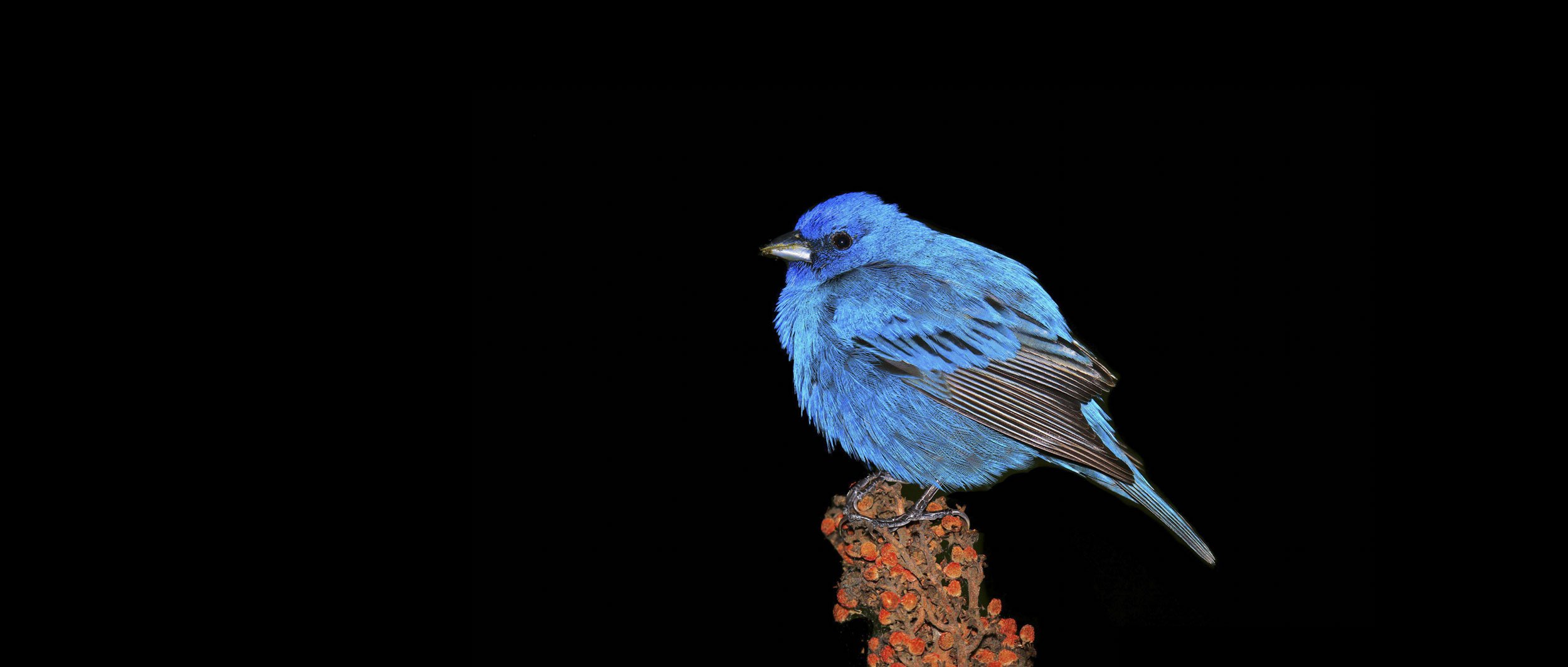
Political Vision: The 10 Point Plan for Financing Biodiversity
Point 2 – Synergies with Climate Finance
The Gambia: Conservation and Restoration of Mangrove Ecosystem
What
The project, implemented by the Gambian Department of Parks and Wildlife Management (DPWM) in partnership with Sahel Wetlands Concern, West African Bird Study Association and Kombo Foni Forest Association have established a carbon purchase agreement with ORSTED Nature Base Solution Denmark and since 2022 worked with more than 75 local communities in three administrative regions to restore and manage mangroves through REDD+ Mechanisms. Prior to this cooperation, Department of Parks and Wildlife Management have established 16 potential Marine Protected Areas representing 78% of the surface area under protection and have invested in small scale restoration projects funded by projects. In spite of these efforts, more actions to restore degraded wetlands is outstanding.
The current stage of implementation resulted from annual grants provided by ORSTED Nature Base Solution to facilitate restoration of degraded mangrove areas through engineering, weeding of invasive grass and planting of mangroves. Revenue from carbon generated will start flowing in 2027 and to be own fully by Gambian communities, which will be invested to finance more mangrove conservation including management of Marine Protected Areas and other existing mangrove complexes, and including restoration and management of degraded areas as well to enhance community development and provide improved livelihood for project beneficiaries and other mangrove dependent communities to ensure sustained community commitment and participation.
By estimating the average annual amount of emissions reductions generated through mangrove restoration, carbon credits can be generated through the Verified Carbon Standard (VCS), thereby creating a sustainable financing mechanism for mangrove conservation and community development. Communities will be financed through a verified carbon unit purchase agreement (VCUPA) signed with ORSTED Nature Base Solution.
However, only the restoration component of the project is being partially financed, thus leaving a gap for financing other components of the project. The project is seeking full funding though the limited funding secured from ORSTED Nature Base Solution is making a major impact on the livelihood of the beneficiary communities. Such impact including co-benefits accrued from propagule collection, transportation and planting, wetland engineering and aquatic weed removal from planting sites. The project is governed by a Steering Committee at National Level, and implementation coordinated by Project Committee established at community level and now District Committees are being headed by District Chiefs are being established to strengthen decision making for the project at District level. A management team for the project comprised of Sahel Wetlands Concern (lead), West African Bird Study Association and Kombo Foni Forest Association, supervised by Department of Parks and Wildlife Management.
Goal
The project aims to finance the protection, management, and restoration of over 100,000 hectares of mangroves in The Gambia through carbon offset markets. Furthermore, a portion of the revenue gained from the carbon credits will be reinvested in climate and biodiversity initiatives in The Gambia to support local communities’ sustainable development. The First project activity instance is expected to generate approximately 1392 ERs on average per year over a 30-year period. The project is expected to contribute to mitigation of climate change, improve livelihoods in mangrove dependent communities, and strengthen environmental conditions.
Recent activities
Community-based mangrove restoration and conservation generates carbon credits through the VCS. Validation, verification and monitoring is conducted by a third party to ensure high integrity and quality carbon credits are being produced. Regular reports covering all project activity instances will be produced to ensure transparency. Once the planted mangrove trees in an area have reached a size where a considerate amount of carbon has been sequestered, a third-party validator approved by Verra will inspect and confirm the quantity of the carbon sequestration. Based on the results of the third-party verification, carbon credits equaling the amount of carbon sequestered by the project are issued.
Benefits
The Gambia Mangrove Project makes use of grants to facilitate planting now but carbon revenue streams (the Voluntary Carbon Market) will be used in the future to continue to finance the restoration and conservation of mangrove habitats. Mangroves restoration provides multiple benefits: enhanced biodiversity co-existence (species, gene and ecosystem) within the coastal landscape; increased resilience to coastal flooding during storm events; climate mitigation outcomes through sequestered carbon; and livelihood opportunities for local communities. Finance generated by the carbon credits will also be invested in the wider sustainable development of local communities.
Synergies with other Points of the 10 Point Plan
1 – International Financial Flows
4 – Domestic Resource Mobilization
5 – Private Sector Alignment
8 – Access to Funds
10 – Partnerships for Biodiversity
Relevant links and resources
For further information, please visit https://www.gambiamangrove.com/

